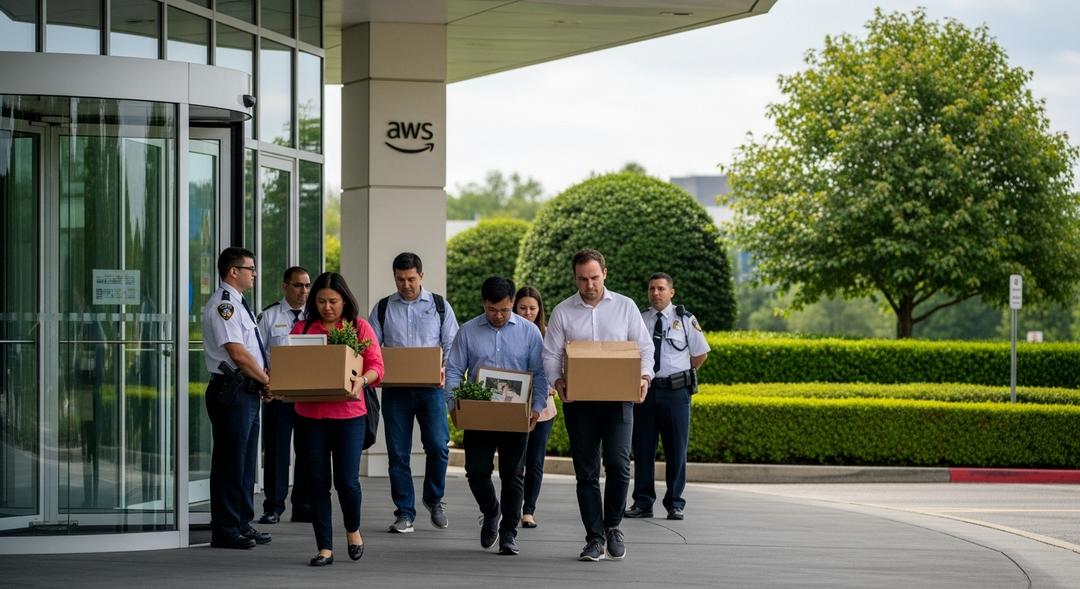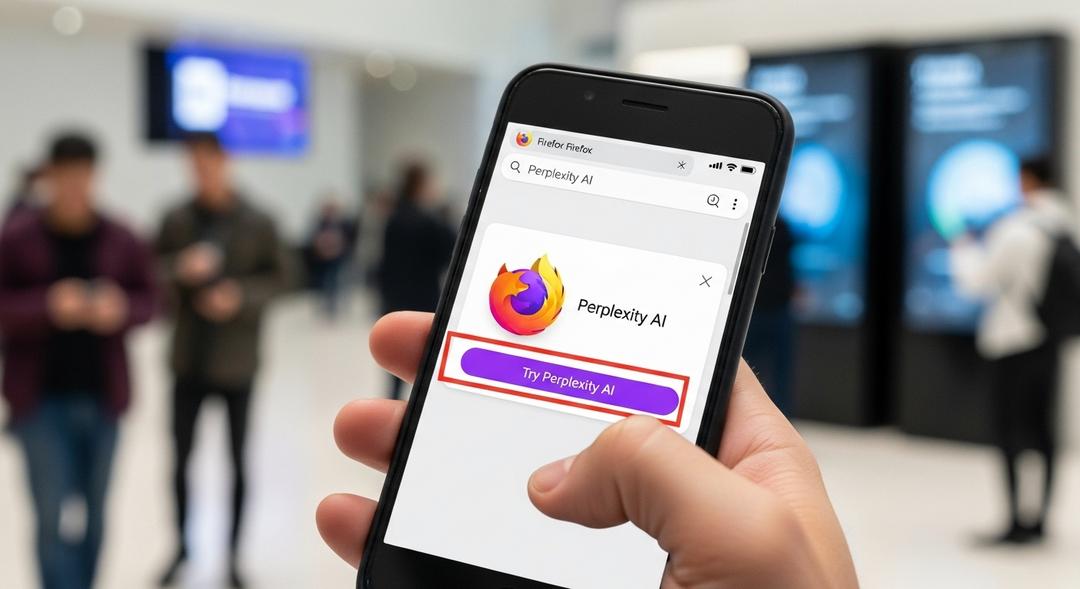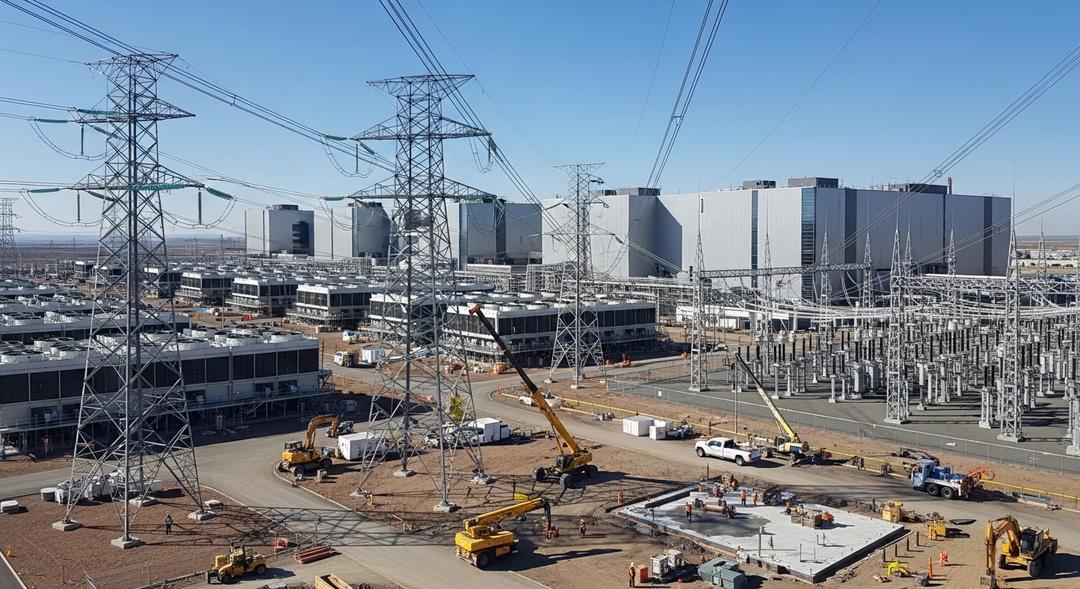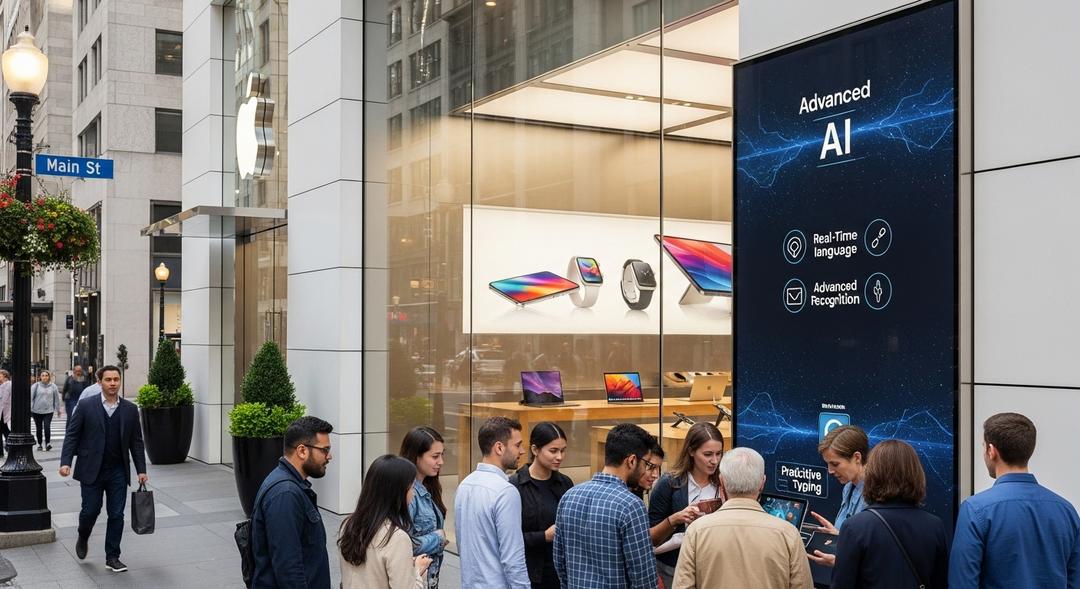Anxiety rippled through Amazon as news broke about a fresh round of job cuts in its web services division.
The company has not revealed exactly how many employees will lose their jobs, but multiple teams within its cloud unit are facing tough decisions. Amazon, echoing the rationale heard throughout the tech sector, explained that these layoffs are about focusing resources where they believe it matters most and adjusting as artificial intelligence spending soars.
“We’ve made the difficult business decision to eliminate some roles across particular teams in AWS,” shared spokesperson Brad Glasser. He stressed that Amazon is committed to supporting workers who are now searching for new opportunities within the company or elsewhere.
Just weeks ago, CEO Andy Jassy cautioned staff that the rise of automation could lead to fewer corporate jobs over the coming years. This time, though, Amazon says the layoffs are due to strategic priorities far more than AI’s direct impact. The company still has thousands of roles open, particularly in positions that fuel its future ambitions.
Cloud Business and AI Ambitions Collide
Amazon Web Services remains the company’s most robust profit generator. In its most recent quarter, AWS pulled in nearly thirty billion dollars in revenue with margins that outshine the retail side’s chronic struggles. Despite its success, the pressure to innovate and invest in AI infrastructure is transforming even the most profitable divisions.
The layoff announcement landed only about two weeks after Amazon completed its second quarter, and its next financial update is expected soon. Industry rivals like Microsoft have also trimmed staff, with Microsoft’s cuts this year impacting thousands, as leaders confront the steep costs of keeping pace with AI advancements.
Beyond the spreadsheets, artificial intelligence pulses throughout Amazon’s products and internal operations. Last fall, the Rufus shopping assistant arrived for customers, promising smarter buying guidance. Alexa+ rolled out shortly after, offering an upgraded voice tool to handle everything from groceries to catching up on emails.
AI is not just about smarter assistants or faster shopping. Executives, especially Jassy, have championed so-called AI agents—autonomous models envisioned to take on both technical troubleshooting and creative tasks across company systems. “Agents will be teammates that we can call on at various stages of our work, and that will get wiser and more helpful with more experience,” said Jassy.
The explosive cost of AI investments reflects how deeply companies like Amazon are betting on this rapidly evolving arena. Amazon expects it will spend one hundred billion dollars this year to build its AI backbone and widen its logistics reach. Microsoft’s own ambitious budget for AI infrastructure last year was nearly as high.
In this relentless pursuit of innovation, even tech giants aren’t immune to tough choices. As priorities shift, the human toll is clear—and inevitable. For more discussion on the future of office jobs, see additional industry insights.








